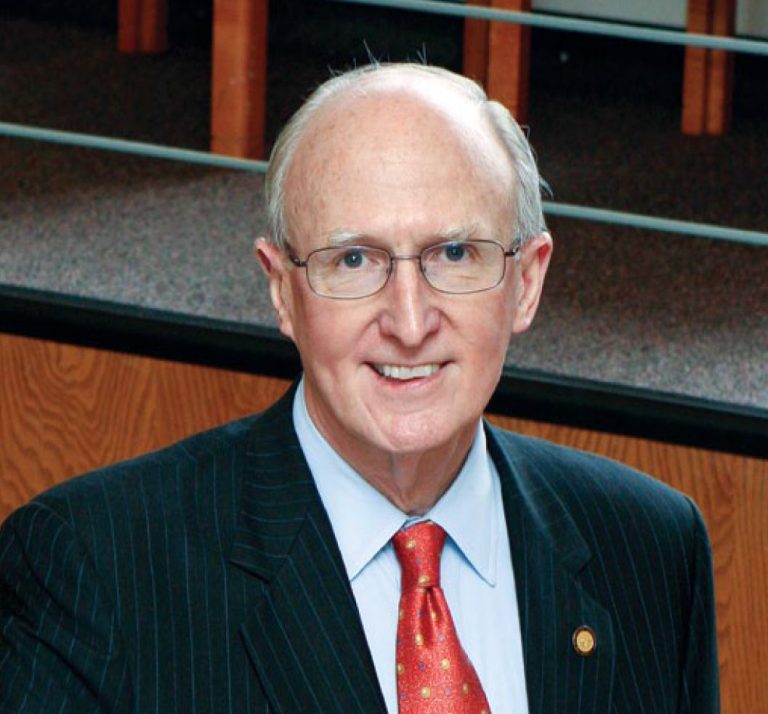
By Robert A. Scott
A 2023 Report by the Surgeon General of the United States concluded that Americans are more lonely and socially isolated than ever, which is as dangerous to health as smoking 15 cigarettes a day. Social isolation contributes to higher rates of heart disease and dementia, while social cohesion results in less disease and lower mortality rates.
More than a third of Americans expect to spend more time by themselves. Some 41% say the lack of friends drives their loneliness; 38% say they lack purpose. Over 50% say they spend more than one-half of their time online. In the UK, almost 15% of under-30s surveyed reported being depressed, leading to absenteeism and burnout. Nearly one-half reported being fatigued and unproductive at least once a week.
What can we do about this epidemic of loneliness, lack of community and loss of focus?
Instead of staring at a screen and communing with TikTok and the like, we should look around, notice the colors and textures in the environment and ask questions. Silence may be golden at times, but conversations are essential.
Conversation has the power to enhance our social and cultural well-being. It can strengthen our capacity to achieve worthy goals in personal, professional and civic life. Conversation is both a personal and a public good.
Conversations prompt deeper connections, fresh ideas, and a better understanding of ourselves and others. When we move beyond small talk and explore people and ideas in more meaningful ways, we grow.
Look up “the power of conversation” and you will find numerous references. Find Shakespeare, who said, “Conversation should be pleasant without scurrility, witty without affectations, free without indecency, learned without conceitedness, novel without falsehoods.”
When I consider conversation, I think about listening carefully as well as speaking clearly; watching intently so as not miss nuance as well as to acknowledge my partner; affirming what I hear to be certain I understand. Conversation requires memory as well as comprehension.
Ernest Hemingway said: “I like to listen. I have learned a great deal from listening carefully. Most people never listen.” We all have experienced someone who is so busy thinking of a response or rebuttal that his or her comment is no longer germane.
At the same time, there are those who never ask a question.
We also have probably experienced this scene, which I saw portrayed in a theatrical drama but put in my own words: “Figuratively pressed against the wall, he said what he thought you wanted to hear, and you heard what you wanted to affirm.”
No listening there!
Conversations can take place with two or 20. They take place at home, in the office and at play, but we hope not during a play. Often, when talking about the art of conversation, we hear about the shouting on Talk Radio and the preoccupation with devices – even at the dinner table.
When I think about the divisiveness in politics, I am reminded that conversation is necessary for honest compromise and that such compromise of position without a compromise of principles is necessary for democratic governance.
As an educator, I have always thought of academic advising as a time for conversations about learning and life.
I also met with students, faculty and staff in small groups, public events and at casual encounters. On these occasions, I almost always would ask, “How is it going?” “What do you like?” “What do you wish we had changed last week?” I was often surprised by what I learned— and then would ask a colleague why we did or didn’t do something. Conversations with those on and off campus, whether students, employees or donors, led to personal awareness and often to needed action.
Each spring, a group on campus would select a book we all, including new students, would read over the summer for discussions, i.e., conversations, in the fall. We often invited the author to engage in these conversations following or preceding a lecture.
We also encouraged conversations about the curriculum and student learning. Every meeting to raise funds was a conversation about the students, faculty and staff who make the campus live.
Let us pledge to cause a renaissance of conversation in each of our worlds, at home, at school, at work, on the train. Be open to others, to listening. The art of conversation is the art of hearing as well as of being heard. It is an art that can open new worlds and lead to new opportunities and enhanced effectiveness.
President Emeritus, Adelphi University; author, “How University Boards Work,” Johns Hopkins University Press; co-author, with Dr. Drew Bogner, president emeritus, Molloy University, Letters to Students: “What it means to be a college graduate,” Rowman & Littlefield, 2024 forthcoming.







Thank you, Bob for some very good advice! I will try to be a better listener and to interact more as I get older. Lou and I are now in our 90’s. We will never forget your compassionate guidance and genuine love for Adelphi. We miss those days! Wishing you the best….. Lou&Sue FLEGO
Thank you, Bob, from an Adelphi colleague who valued your voice then and now (and I recall how as president you would invite newcomer faculty members for lunch and conversation – I was only more impressed by your annual address to the faculty, wise, compassionate and inspirational. Again, I find your insights here very apropos to my experiences with friends and family members who have fallen into personal traps of loneliness.